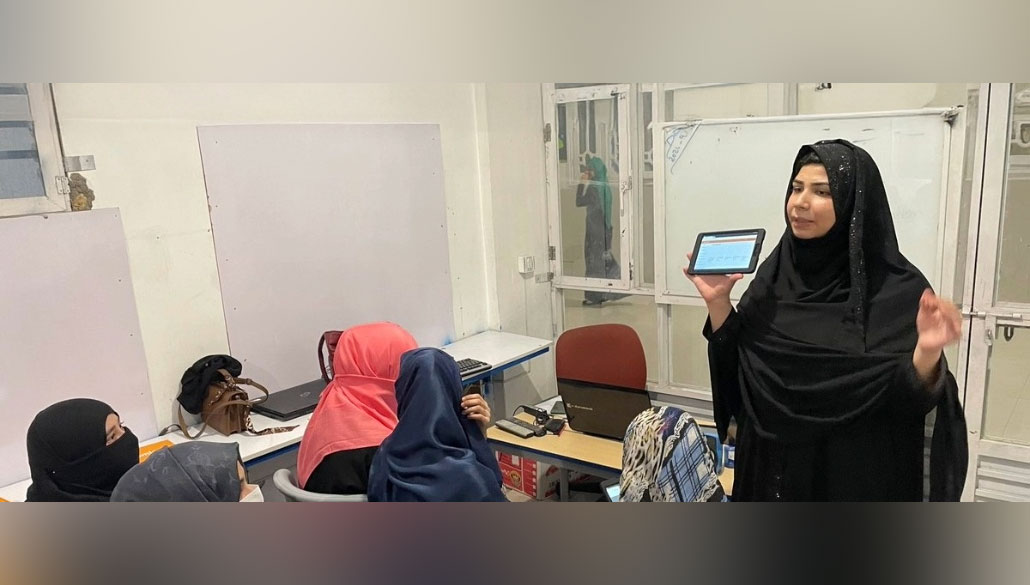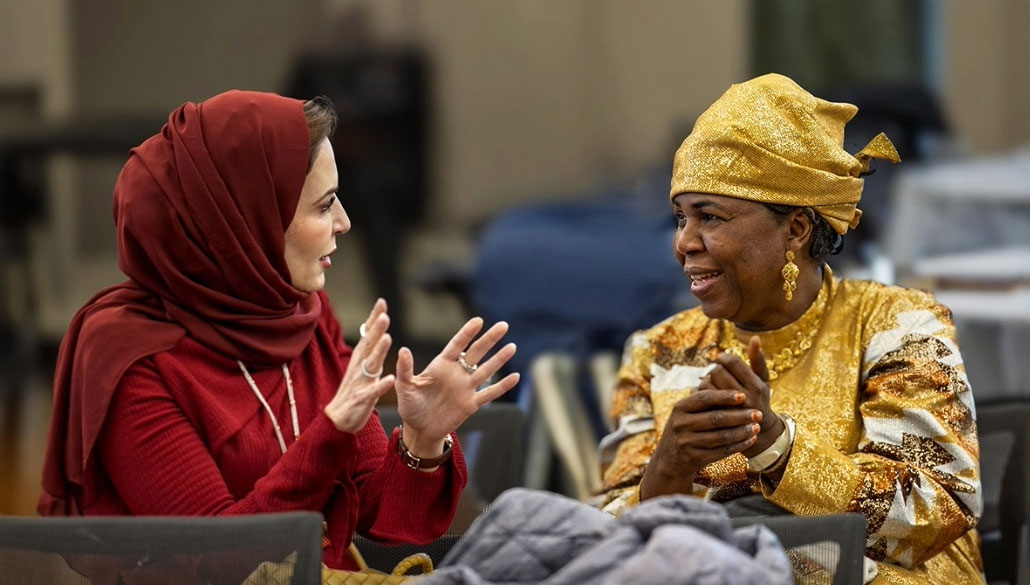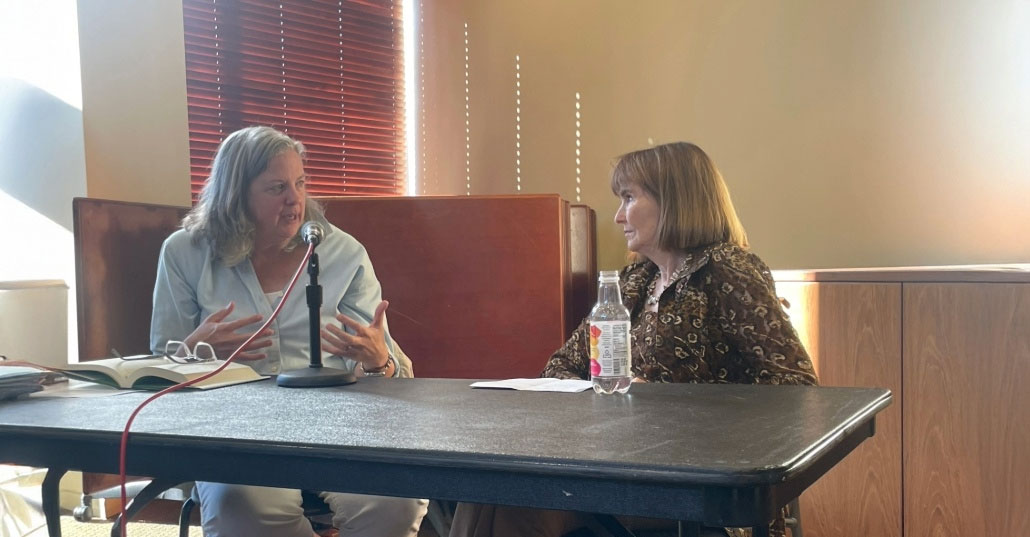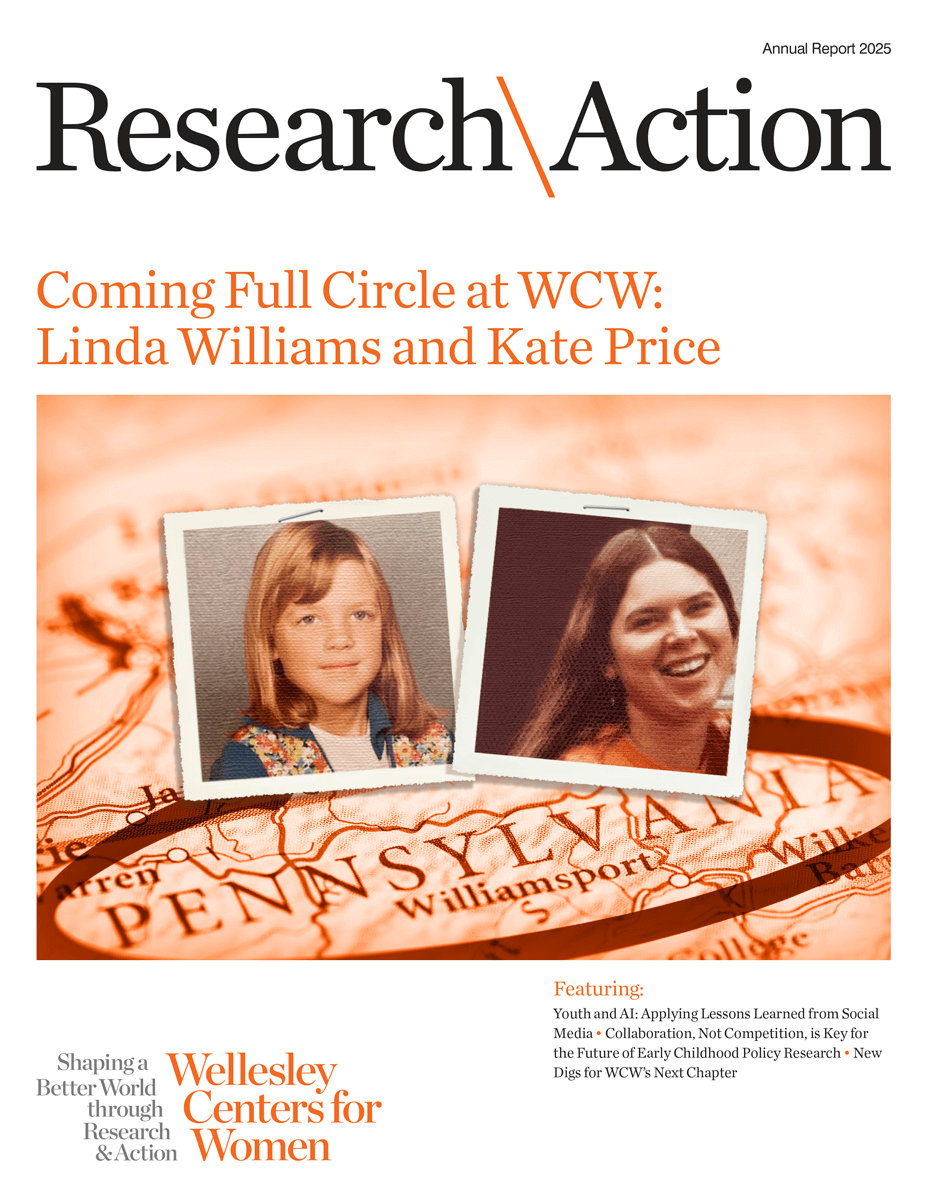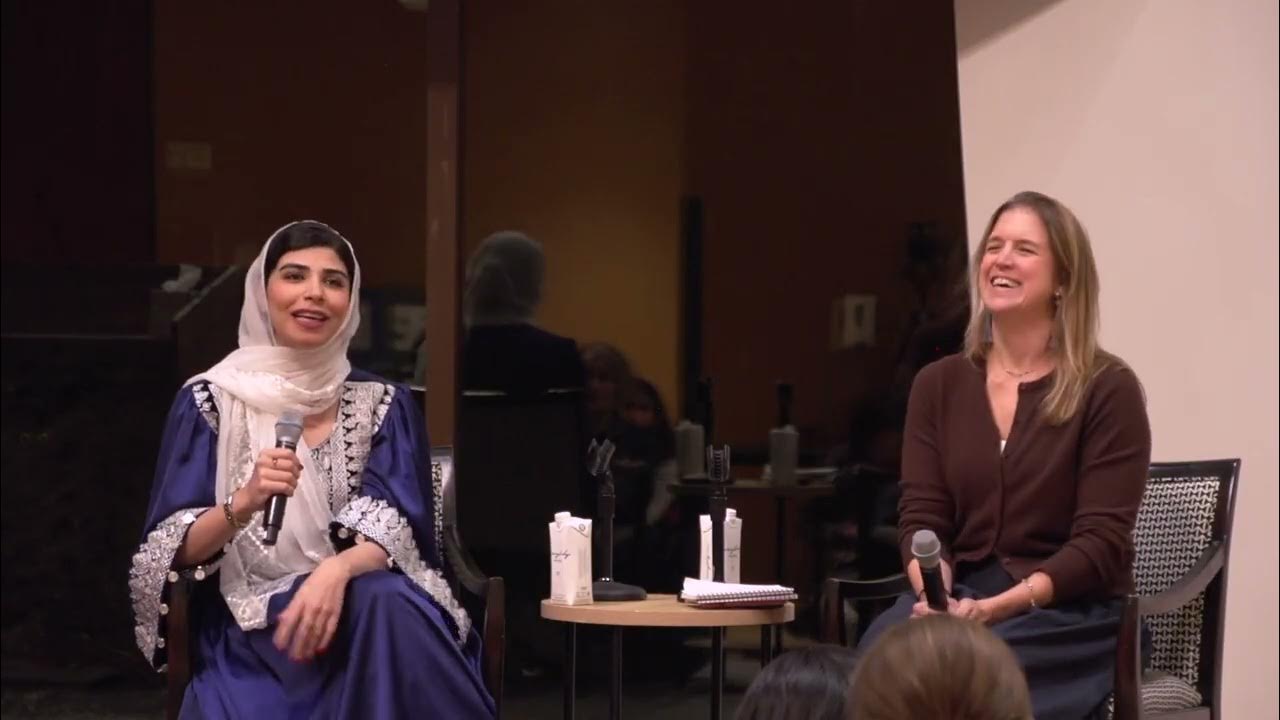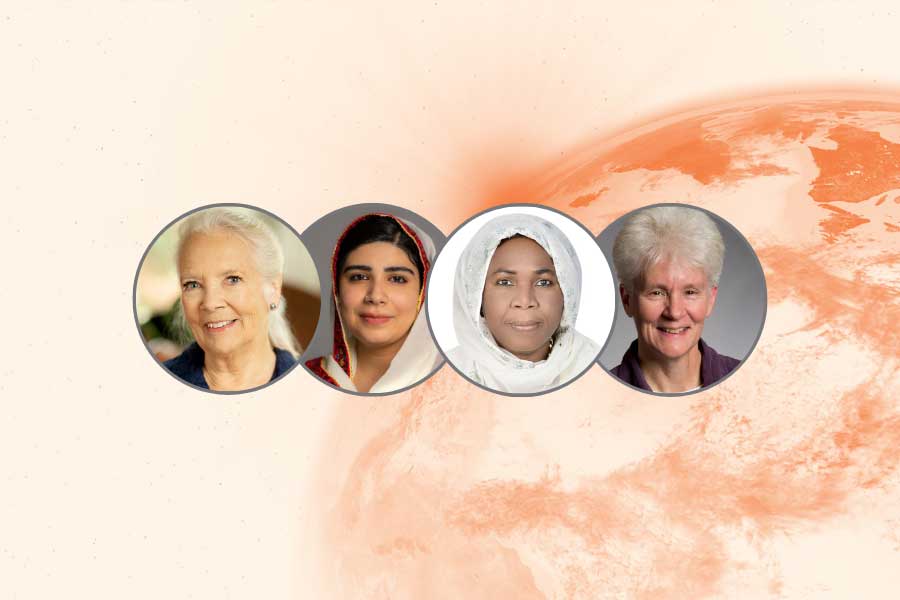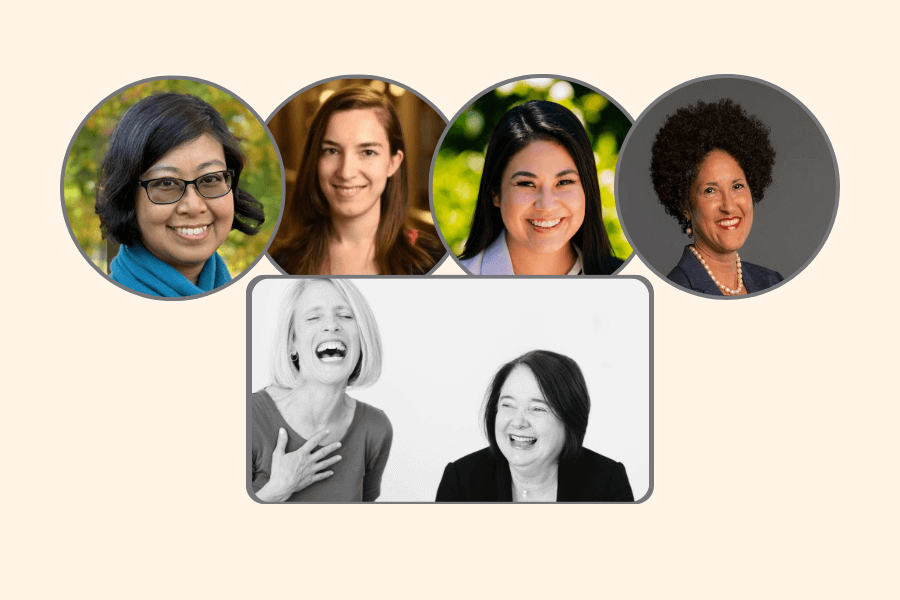Research & Action Report, Spring/Summer 2013
by Nancy Marshall, Ed.D.
May 25, 2013
When we think about employment and health, we often think about high risk jobs and occupational safety. The recent deaths of first responders in Massachusetts and Texas highlight these serious concerns. However, many workers are exposed to unhealthy conditions that, while not lethal, seriously affect their health.
 Research & Action Report, Spring/Summer 2013 (forthcoming)
Research & Action Report, Spring/Summer 2013 (forthcoming)
by Nancy Marshall, Ed.D.
May 25, 2013
When we think about employment and health, we often think about high risk jobs and occupational safety. The recent deaths of first responders in Massachusetts and Texas highlight these serious concerns. However, many workers are exposed to unhealthy conditions that, while not lethal, seriously affect their health.
Trends in the new economy of downsizing, job instability, increased workload and longer hours have led to rising concerns about the health consequences of occupational stress. While both men and women experience stress-related illnesses, women are twice as likely as men to suffer from these consequences due to unhealthy working conditions. Jobs with heavy demands and little latitude in managing or meeting demands are particularly stressful, and women of all races, as well as men of color, are more likely to work in jobs with this combination.
While women’s participation in the work force is quite similar to men’s, the occupations and environments vary greatly. In 2009, 44.6 percent of women worked in just 20 occupations, and most of these occupations were heavily female, such as nurses, teachers, maids and housekeeping cleaners, health aides, and clerks—most of which have higher emotional demands. We need to ensure that researchers are examining the effects of emotional work so that employers can identify and implement ways to reduce the stress of these emotionally demanding jobs. In addition, women in the health and education field experience more nonfatal occupational injuries than would be expected in the general workforce; typical injuries include low-back pain, asthma, and exposure to infectious, biological, or chemical hazards.
How can employers and policymakers protect women’s health?
Women need the same protections that men do standards for workplace health and safety, regular inspections and monitoring of injury rates, and research to develop health and safety practices. However, all too often, women, and women’s occupations and health concerns, have been left out of the funding priorities for research and innovative practices.
But other workplace factors have negative health implications for women employees, too. For example, as women are so concentrated in a select set of occupations, this results in some workplaces where women are not well represented and where they may be less empowered. Research shows that these women are more likely to experience sexual harassment in the workplace—nearly one-quarter of women report having experienced sexual harassment and 58 percent have experienced potentially harassing behaviors at work. We know that sexual harassment affects psychological wellbeing and increases psychological distress. Since we know that women are at greater risk for sexual harassment, especially in workplaces that have a climate in which workers believe that reports of harassment will not be taken seriously or will not have consequences for the harasser, it’s essential that employers implement and enforce policies that create a climate that promotes equity and respect and does not tolerate sexual harassment.
Additionally, workerswomen and men have families. Their responsibility to care for young children or aging parents does not end when they enter the workplace. However, despite the increasing involvement of men in caregiving, women still bear a greater burden. For example, married mothers take on almost twice the hours of married fathers each week to address family and home responsibilities. Caregiving for children and aging parents also falls more heavily on women’s shoulders.
How does this affect women’s employment and their health?
Work and family balance issues are a health risk for women with children. Mothers of young children, in particular, are most at risk. Employment rates among mothers with a child under the age of three rose from 34 percent in 1975 to 61 percent by 2009; employment rates among mothers of infants had risen to 55 percent by 2007. These mothers may also be challenged by the physical recovery from childbirth, postpartum depression, and health problems of the newborn. When we take into consideration the fact that most new mothers return to work by the time their baby is three months old, it is not surprising that these are the workers who report greater work-family strains. Research has long shown that chronic stress can result in suppressed immune function and increased susceptibility to disease. While women’s employment in general has a positive effect on their health, mothers of young children who work outside the home do not reap the same benefit.
This is not to say that work-family stress does not negatively affect others. Women and men who reported higher levels of work-family conflict were more likely to have clinically significant diagnoses of mood, anxiety, and substance abuse disorders. Not surprisingly, these strains are also associated with overall poorer physical health.
Another caregiving need we must consider is that of elderly parents. Advances in healthcare and technology have resulted in more Americans living longer—some need more care and others work longer (in 2009, almost 60 percent of women and 70 percent of men aged 55-64 were working outside the home). Care for elders is provided mostly by family members. Among 53–63 year olds, one quarter of women and 15 percent of men spend more than 100 hours per year caring for or helping aging parents. Many of these caregivers are also employed.
So, how can employers and policy makers support these workers with family responsibilities?
Flextime policies have been linked to reducing work interference with family life. Further, workplace conditions and culture that support employees’ needs both inside and outside the job can offer positive rewards. Caregivers with rewarding full-time jobs experienced less caregiving stress than did caregivers with less-rewarding jobs or who were employed part-time. Additionally, older caregivers who also worked and/or volunteered reported better health than those who did not have outside supportive and fulfilling experiences.
Not surprisingly, thoughtful parental leave policies can also be beneficial longer time off from work results in more positive maternal health and quality of life. Who reports poorer emotional health? Women in jobs with poor working conditions, single mothers who experience greater work-family conflict, and mothers who are caring for infants who were sick more often than other infants. Fathers should be able to enjoy comprehensive parental leave policies, too, and be able to contribute to the day-to-day caregiving of their families.
Other policies, such as generous sick leave benefits that can be used to care for sick children and older family members, benefit the entire community. Companies that offer financial support for childcare and elder-care costs create supportive cultures that can help reduce the conflicts between employment and caregiving, and can improve worker satisfaction and performance.
The challenge in developing policies and practices that support women’s employment-related health is that the issue will be framed as a women’s issue, and therefore of limited scope. However, improving occupational safety and health, redesigning jobs so that workers experience manageable levels of demands and have the resources and latitude to meet those demands, and providing comprehensive policies that view workers as individuals who are members of families and communities will benefit all workers, not just women. At the same time, these policies and practices also need to retain a focus on the particular risks that women experience to a greater extent than men, through concentration in particular occupations, or sexual harassment, or the health risks associated with post-partum recovery. I am confident that this combined approach will generate better workplaces for all working women and men.
Nancy Marshall, Ed.D. is an associate director and senior research scientist at the Wellesley Centers for Women at Wellesley College. She leads the Work, Families and Children Team at WCW and studies women and employment, with a focus on working conditions and health and work-family systems, as well as child care policy and early care and education. She authored the chapter, “Employment and Women’s Health,” in M.V. Spiers, P.A. Geller & J.D. Kloss (Eds.), Women’s health psychology (46- 63). New York: John Wiley & Sons.

